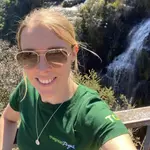

Belize Marine Education & Conservation Project
Partake in active marine education and conservation while helping to protect the Belize Barrier Reef!
Speak To A Travel Expert
Activities
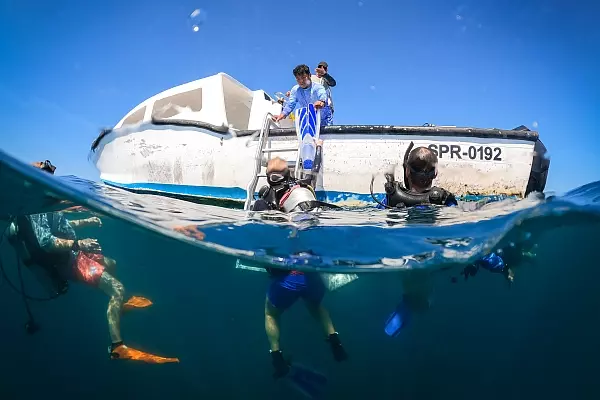
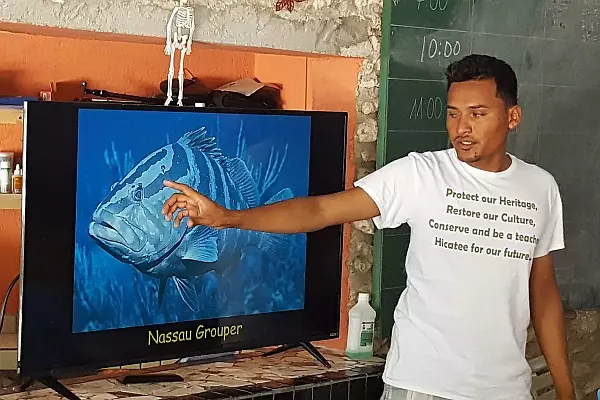
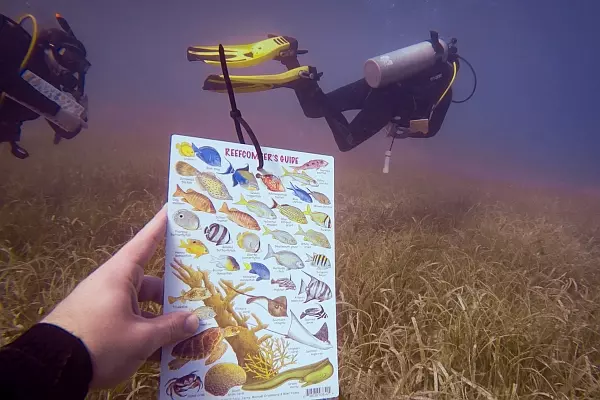
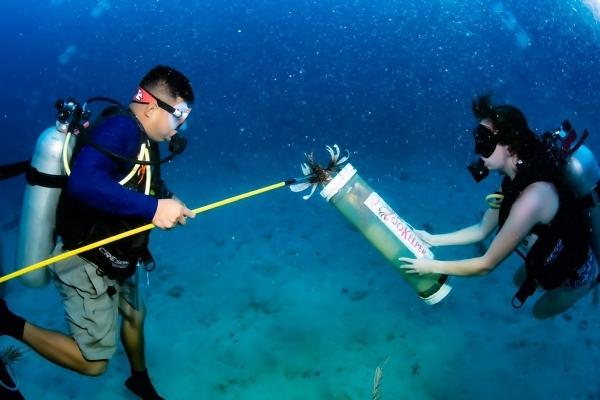
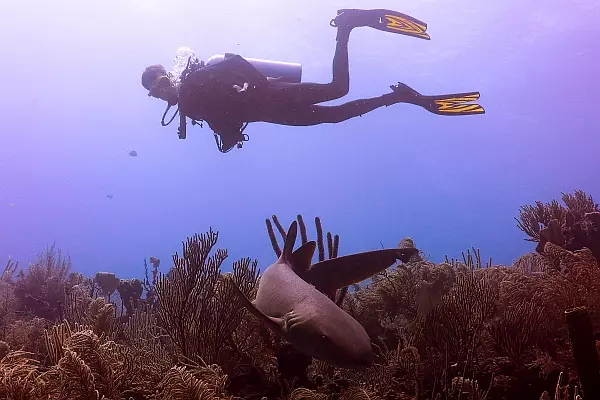
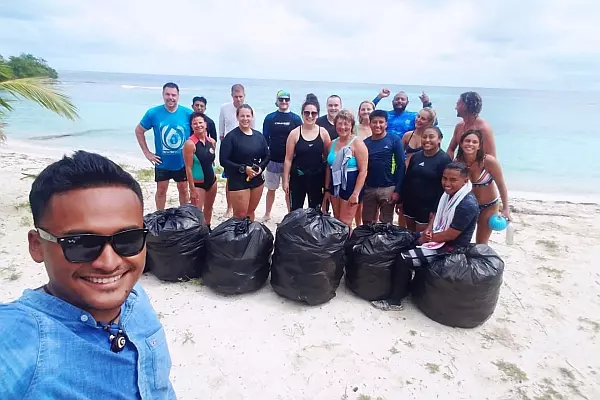
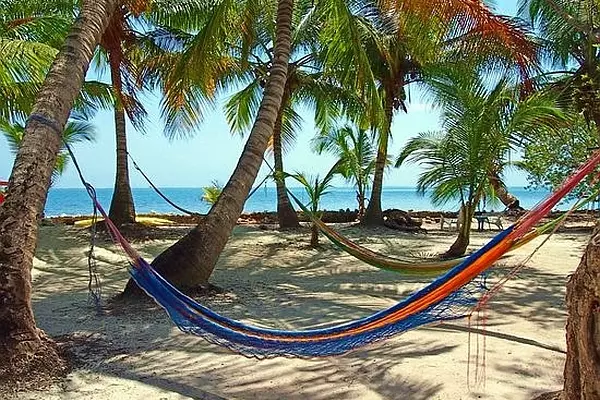
Itinerary
Arrival: You will need to arrive in Placencia, Belize on the Sunday before your start date. Please note, accommodation is not included in Placencia, so you will need to arrange your own hotel. There are some suggestions in the project guide and the travel team will be happy to help with any queries you may have.
Durations & Prices
Accommodation
Accommodation
On the island, you’ll be allocated a room in the main building or in an individual cabana. Rooms are usually shared between 2-4 people and the bathroom and shower facilities are shared by all. The accommodation is basic but clean and comfortable, and every room has incredible views of the Caribbean Sea! There are plenty of hangouts on the island and loads of hammocks, so you can really relax into island life.
You will need to arrange your own accommodation for the night before the project starts, and for the weekends, though the travel team are happy to make suggestions from budget to luxury hotels if you would like any help with this.
Meals & Beverages
You’ll receive three meals per day on the island, plus a morning and afternoon snack. Previous volunteers rave about the food, so we’re sure you won’t be disappointed! As an environmentally conscious organisation, the project provides a mostly plant-based diet with protein sources from the sea (i.e. invasive lionfish). All dietary requirements can be catered for, but please inform us of any well in advance. Drinking water is also provided, and alcoholic and soft drinks are available at an additional cost.
Project Details
When is the best time to volunteer?
The project operates all year-round including holidays, and with an average yearly temperature of 29°C (84°F), you’ll likely need marine-safe sunscreen year-round. As Belize has a tropical climate it does rain regularly, but more often at night, which luckily makes sleeping more comfortable. During the winter months (November-January) it’s recommended that you bring a jumper for the evenings. The water temperature is consistent at around 26°C (80°F) so a 3mm wetsuit will be perfect for diving.
Getting there
You will need to fly into Belize International Airport (BZE) and then take a domestic flight on a ‘hopper’ plane to Placencia which can be booked via Tropic Air or Maya Island, costing approximately US$230-290 (£180-230) for a round-trip. The flight takes about 45 minutes, and we recommend leaving 1.5 - 2 hours between your international arrival and your domestic flight departure.
Volunteers must arrive in Placencia the day before the project start date as the boat transfer to the island is at 9:30am on Mondays from the Water Taxi Dock. Please note, accommodation is not included when not on the island, therefore, you will need to book somewhere to stay for the night before your start date and for your last night in Placencia.
Visa requirements
Most nationalities including British, Canadian, and US citizens do not need to obtain a visa in advance of travelling to Belize, as a 30-day tourist visa is issued on arrival. We do, however, recommend checking with your local embassy regarding visa requirements prior to travelling.
If you plan to stay for longer, visas can be extended locally, and extensions cost approximately US$25 per month.
DIVE COURSES
You are able to join this project as a qualified or unqualified diver and there are a number of dive courses available that you can complete.
You must be at least PADI Open Water qualified to take part in the project dives. So if you join as an unqualified diver, you will spend approximately 3 days completing your PADI Open Water qualification. If you would like to further your diving qualifications, the following are available on the island:
- PADI Advanced Open Water Certification – $275 (3 days to complete)
- PADI Rescue Diver Certification – $325 (1 week to complete)
- PADI Dive Master Certification – $750 (4-week minimum stay)
There are also a number of speciality courses you can undertake on the island, though you must be at least Open Water certified before taking any:
- Invasive Lionfish – $175 (2 days)
- Coral Reef Conservation – $175 (2 days)
- Fish Identification – $175 (2 days)
- Deep Diver – $175 (3 days)
- Emergency First Response – $175 (2 days)
- Underwater Photographer – $250 (2 days)
- Shark Conservation – $175 USD (2 days)
- Underwater Naturalist – $175 USD (2 days)
Please Note: The PADI Open Water, Advanced, Rescue, Dive Master, and Underwater Photographer, all require the PADI e-Learning to be done prior to arrival, details of which you can find on the PADI website.
Gallery
What's Included
- 5 days & 4 nights on a private island during dive weeks including accommodation
- Boat transfers to and from the private island
- 3 meals per day on the island
- 12-13 dives per week
- At least 1-night dive per week (for Advanced Open Water qualified divers only)
- Training for conservation work
- Conservation donation
What's Not Included
- All flights
- Wetsuit, fins, booties and dive mask (you must bring your own)
- Dive gear rental fee for a BCD and regulator
- Travel insurance



















